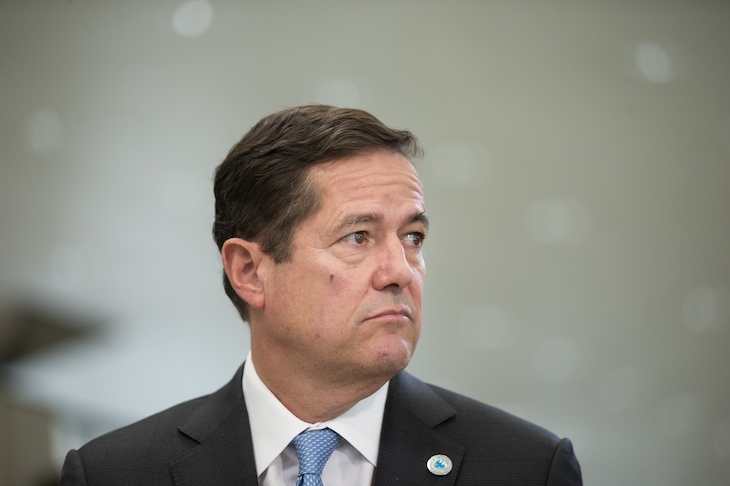What troubled places banks have become, I thought as I listened to two news stories, one concerning a formal reprimand for Barclays chief executive Jes Staley after he tried to uncover the identity of a ‘whistleblower’, the other trailing new revelations about the Libor scandal. But both, I’m afraid, were so badly explained that the majority of listeners must have been none the wiser.
The Staley episode is mysterious. Anonymous letters to Barclays directors made allegations about a recently recruited senior executive: Staley felt this was an ‘unfair personal attack’, believed ‘honestly but mistakenly’ that it was permissible for him to identify the author, and tried to do so with the help of a ‘US law enforcement agency’. This ‘error’ has cost him a big slice of bonus, though it won’t cost him his job.
Whistleblowers are entitled to anonymity under the Public Interest Disclosure Act 1998 as well as codes adopted by employers such as Barclays. Across the financial sector, the Speak Up campaign has positively encouraged them: HSBC chairman Douglas Flint spoke of ‘rewarding and celebrating’ those who share concerns about colleagues’ behaviour, ‘even if they are sometimes wrong’. One result was a cacophony of whistleblowers contacting the Financial Conduct Authority — up from 276 in 2009 to 1,376 in 2014 and 1,104 in 2015.
As with sex abuse allegations against public figures, a portion of these complaints are highly likely to be the inventions of poison pens. It’s impossible to judge the merits of the Staley case (regulators are still looking into it) from Barclays’ veiled public account. But what it clearly illustrates is the inner turmoil of a sector plagued by misbehaviour, mischief and malice.
The wrong Libor scandal
Then there’s the continuing fallout from the Libor scandal.









Comments
Join the debate for just £1 a month
Be part of the conversation with other Spectator readers by getting your first three months for £3.
UNLOCK ACCESS Just £1 a monthAlready a subscriber? Log in